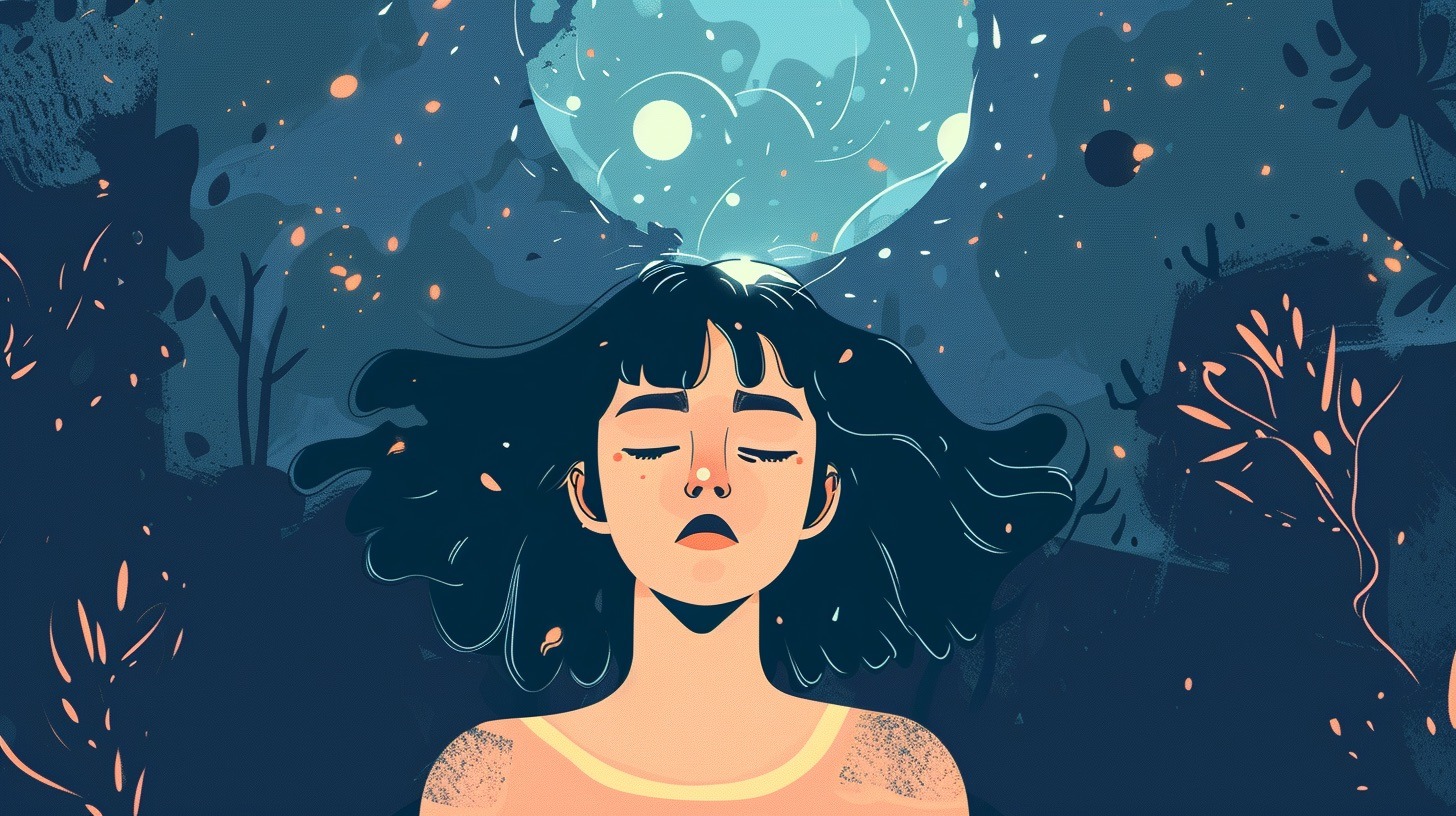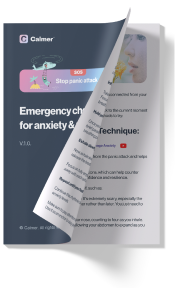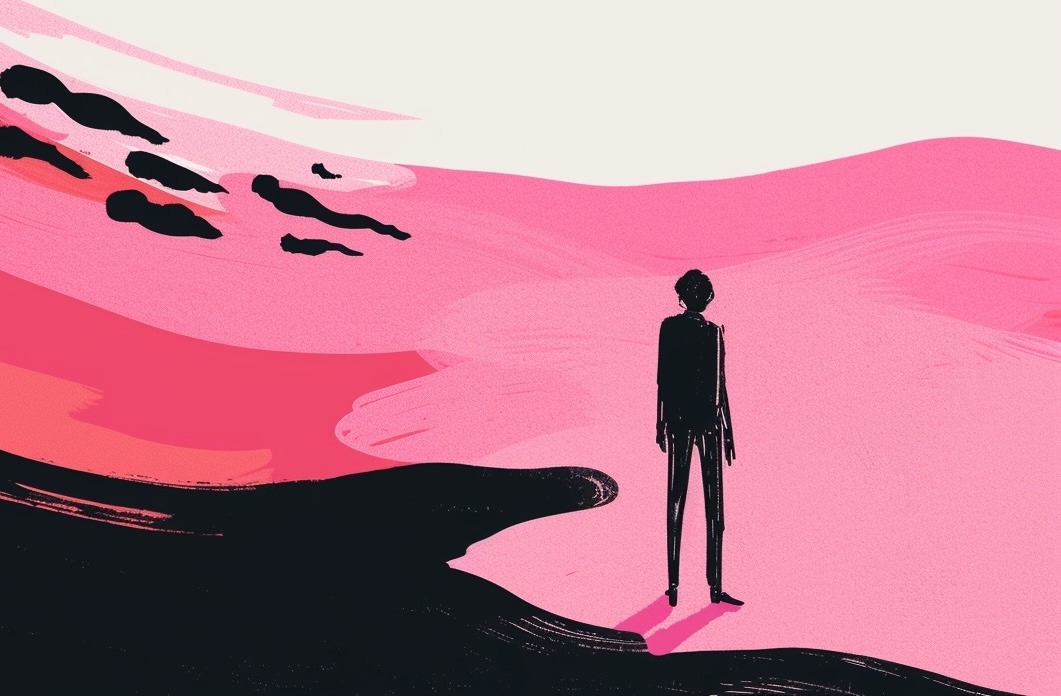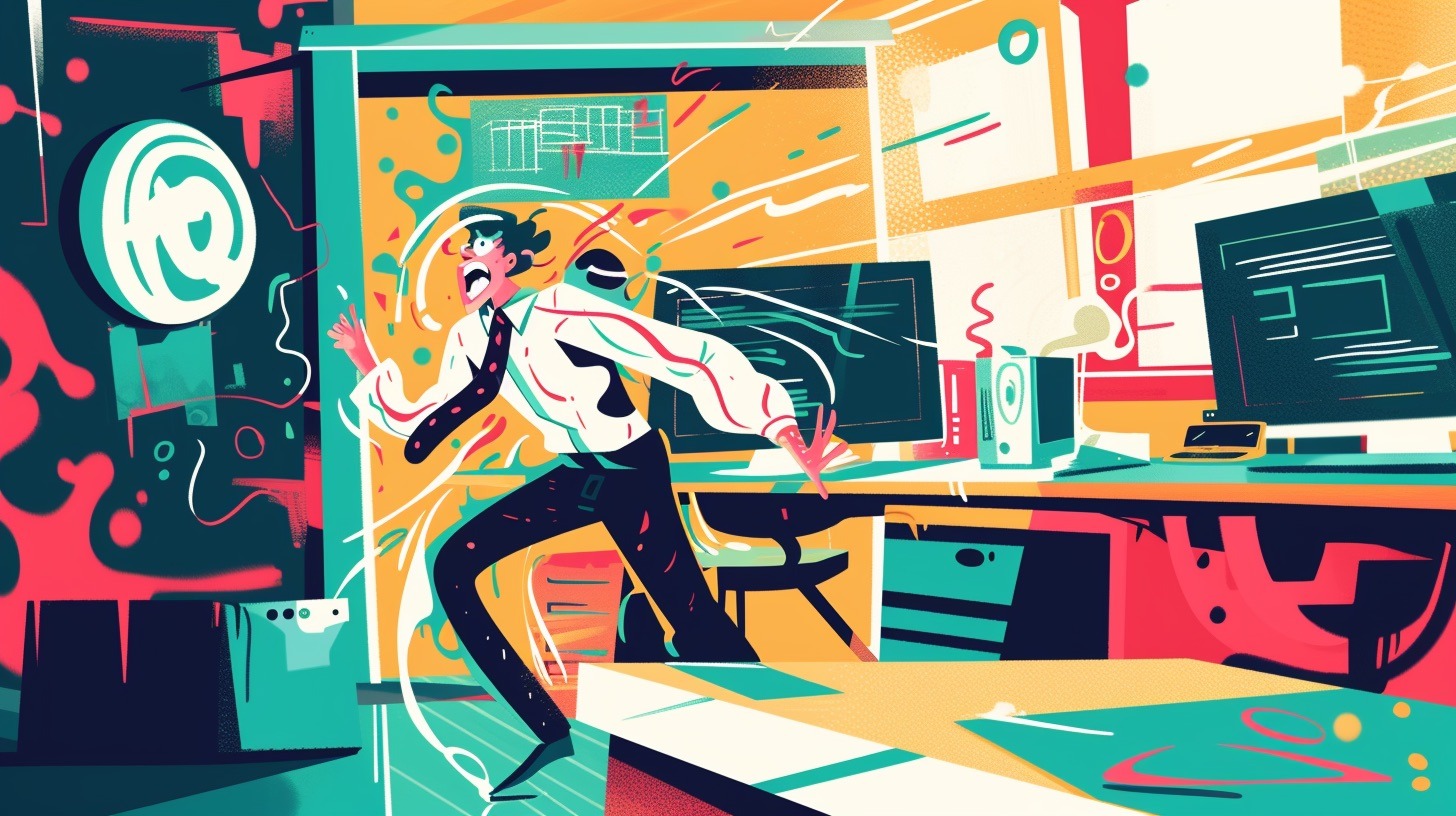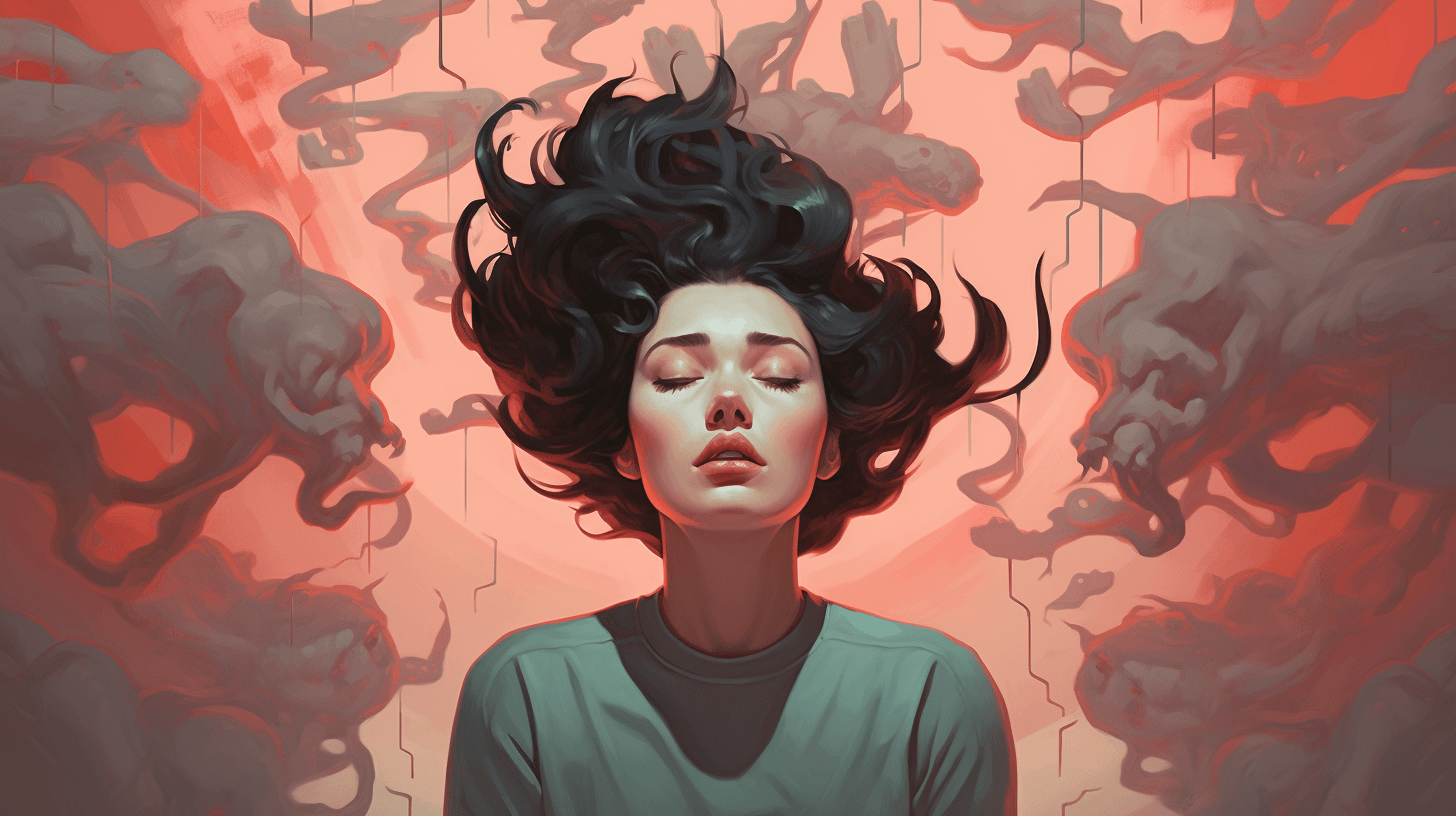Have you ever found yourself abruptly awakened from your sleep by a feeling of terror and fear, sweating or shivering, your chest hurting, and feeling almost like you are having a heart attack? Although this is not something that anyone asks for, nocturnal panic attacks can happen to anyone, and they always happen unexpectedly. Doctors have yet to find the exact cause and create a suitable treatment plan for them.

In today’s guide, we will try to help you understand why you might have panic attacks while sleeping. We’ll explain the causes and most likely symptoms of nocturnal panic attacks and give you tips on how to calm yourself down when experiencing such an episode. Let’s dive right into the topic together!
What are Nocturnal Panic Attacks?
What are nocturnal panic attacks exactly? This is a type of sleep anxiety that happens abruptly and causes someone to be awakened by an intense feeling of irrational fear. One minute, you are sleeping, and the next, you are wide awake, feeling like all hell has broken loose. Such attacks are more likely before transitioning from light into deep sleep.
According to research, night panic attacks usually happen in adults who are already suffering from panic disorder or severe anxiety and have panic attacks during the day. However, they can also appear in people who lead an unhealthy lifestyle and are constantly under a lot of pressure and stress, whether work-related or otherwise.
When you experience a nocturnal panic attack, it is likely to last only a few minutes, although some episodes can last up to an hour. However, the aftermath of the panic attack is what’s more troubling. Sometimes, people are scared to fall back asleep, meaning they might suffer from exhaustion during the day, affecting their work performance and how they function on a day-to-day basis.
As you’ll come to learn, these attacks are scary but not dangerous. You can always find ways to eliminate the possible causes, whether through self-help or advice and medication provided by your doctor.
What Causes Panic Attacks at Night?
There’s no definite answer to what causes nocturnal panic attacks, but scientists have found several causes that are closely linked to such attacks. For starters, people who have panic disorder, insomnia, or depression are likely to experience panic attacks at night. Similarly, these attacks can happen to people with high emotional stress or even sleep apnea.
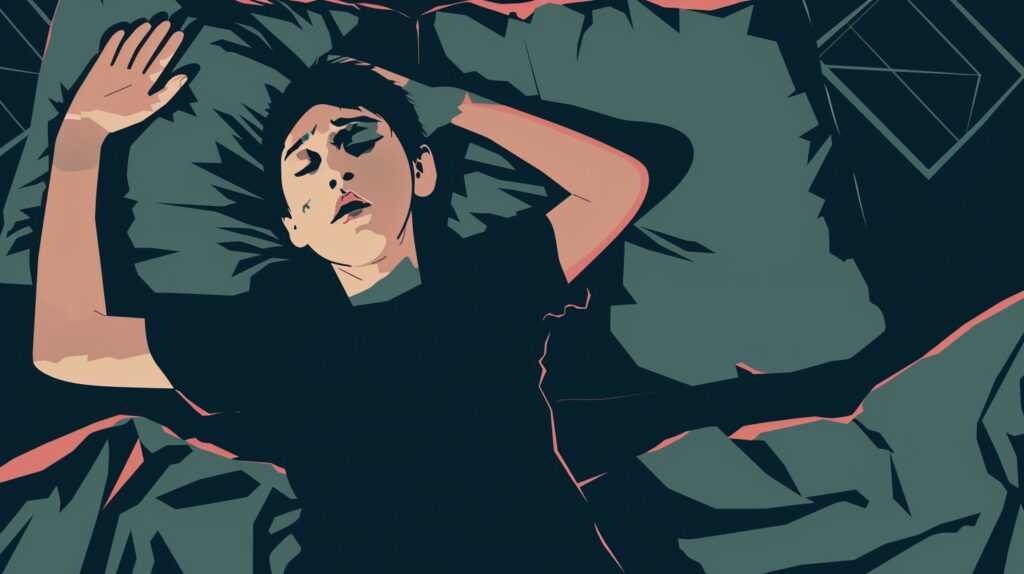
Some believe they are the result of stress alone, while others connect them to genetics and factors like exercise or diet. Whatever the cause, it is clear that something in a person’s brain or nervous system is causing them to experience such sudden and irrational fears at night.
Nocturnal Panic Attacks Symptoms
If you know the symptoms of nocturnal panic attacks, you should easily determine whether you are experiencing such an attack or something entirely different. These attacks come with varying symptoms, but the most likely ones are the following:
- A feeling of terror or fear
- A feeling of numbness
- Elevated heart rate
- Chest pain
- Nausea
- Hot flashes
- Chills
- Difficulties breathing
No two people will experience the same symptoms when it comes to night panic attacks. The best way to tell whether it is a panic attack or something more serious is to see whether the symptoms subside in only a few minutes. Try to reassure yourself that there’s nothing you should fear, and you should be able to feel better shortly.
How to Calm Panic Attacks at Night?
When experiencing a nocturnal panic attack, it’s understandable that you might not be thinking rationally in the first few minutes after waking up. However, we’ve found a few things you can use to calm yourself down quickly and effectively:
- Deep breathing: One symptom often associated with panic attacks is the change in breathing patterns. You might find yourself gasping for air or even hyperventilating. This can make you even more anxious, but you can quickly calm yourself down by establishing a regular breathing pattern and using deep, controlled breaths. This can also calm down your heart rate.
- Relaxation: Another thing we’ve found that helps many people calm down after a nocturnal panic attack is general relaxation. You can do this by focusing on something you find calming. It can be a specific type of music you like or gently rocking from side to side to reduce muscle tension.
- Turn the light on: If the darkness in your room makes you feel uneasy, consider turning on a nightlight and keeping it on throughout the night. This will help you eliminate negative thoughts and fears that there’s something lurking in the darkness.
- Calming tea: We also recommend calming yourself down with a cup of camomile tea. It can be any tea that has previously helped you cope with your anxiety. We’ve found that the warmth and pleasant aroma promote a feeling of familiarity and help eliminate the sense of fear in people who deal with stressful situations in general, not only night panic attacks.
Best Ways to Treat Nocturnal Panic Attacks
Nocturnal panic attacks usually last only a few short minutes, but you can expect to feel generally more calm within a few hours. Still, experiencing such attacks day in and day out might point to a more significant issue.
If you assume that is the case, one of the first things we recommend you do is create a nocturnal panic attack treatment plan. To do this, talk to your doctor and have them run some tests. Some studies show that thyroid problems might cause sleep anxiety, while people with depression, insomnia, and OCD are also more likely to experience such panic attacks.
If there’s no apparent reason you are experiencing the attacks, you can consider CBT or Cognitive behavioral therapy, which can help find what is triggering the attacks.

Sometimes, it might be a bit of yoga or meditation for anxiety that helps you eliminate stress from your life and, with that, the panic attacks, too. There are many options for you to explore if you want to practice self-help, but you can always pair self-help with therapy or whatever else you think works for you.
Always remember that the treatment plan for nocturnal panic attacks or any other issue in life is not a one-size-fits-all thing. So, explore your options, find what feels best, and stick to it. In this specific case, we recommend eliminating stress as much as possible, switching to a healthy diet, drinking more fluids but not too much caffeine, and exercising at least a few times a week. Stick to this new routine, and hopefully, you will say bye-bye to your panic attacks once and for all!
